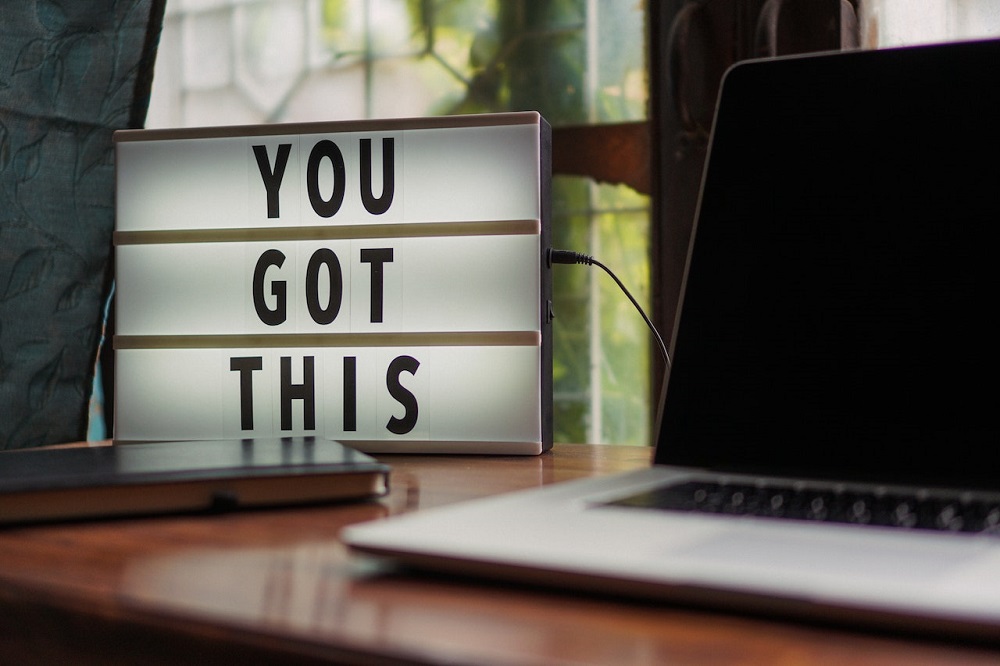

It’s become incredibly commonplace to be on our phones for the majority of the day; take a look at a waiting room literally anywhere (particularly places like the DMV) and about 90 percent of the people there will have their devices out — Facebooking, Googling, and Tweeting their way through the unbearable boredom.
What was life like before we had entertainment at our fingertips? Can you remember the last time you had to take a book somewhere to occupy yourself, otherwise facing a state of ennui in which your only option was to force yourself to think about things?
That’s exactly the point — when you put down your phone, you start thinking, rather than watching. You have the opportunity to consider what else you need to get done that day, remember important things like birthdays and anniversaries, and develop your own thoughts and feelings by ruminating on things you’re not actually presently doing.
Additionally, smartphones have deeply and negatively affected social interactions; how many times have you or someone you were talking to pulled out a phone in the middle of a conversation and opened Facebook? Isn’t that a little like saying, “Sorry, but you’re just not interesting enough for me”?
And this isn’t limited to conversations; smartphones pop out in the middle of classes all the time, and it’s one of the quickest ways to let a professor know that you really don’t care about what they have chosen to professionally attempt to impart to you. Doesn’t it seem like a good idea to be more actively engaged?
Most of us have heard of numerous studies about phone use (brain cancer, anyone?), but there are a few very specific things your phone may be doing to you that you may not even be aware of – for instance, you know how you check your phone something like every ten minutes? It’s actually hurting your ability to focus, as well as making you permanently reachable and eliminating your ability to unwind, two things that are vitally important to students who are typically living in some of the most stressful environments of their lives.
So what can we do about the dangers of smartphones? For one, take breaks from it. It’s a good idea to just set it down and only check it on the hour or every half hour, as recommended on the website above.
Additionally, it can be beneficial to condition yourself to avoid checking your phone in the middle of conversations, and it will certainly make people appreciate your listening skills quite a bit more.
Lastly, try turning it off and picking up a book — it’s a virtual guarantee that at any given time, there’s a class we could be catching up on (or reading ahead!) so go ahead and overachieve a little. Besides your grades, it could be good for your health.




